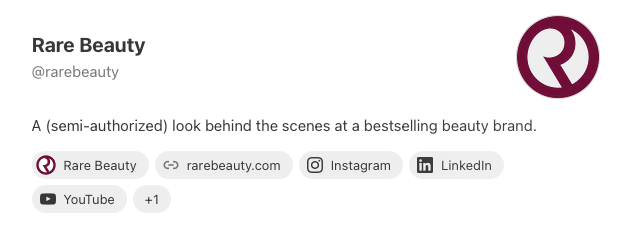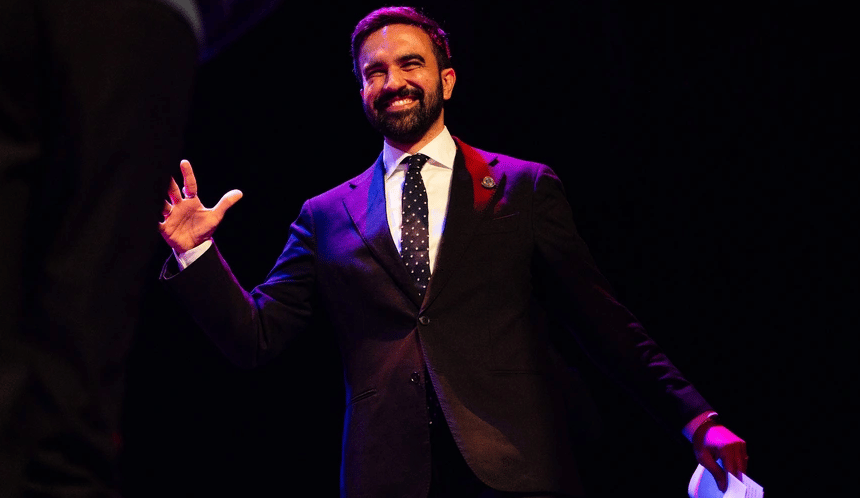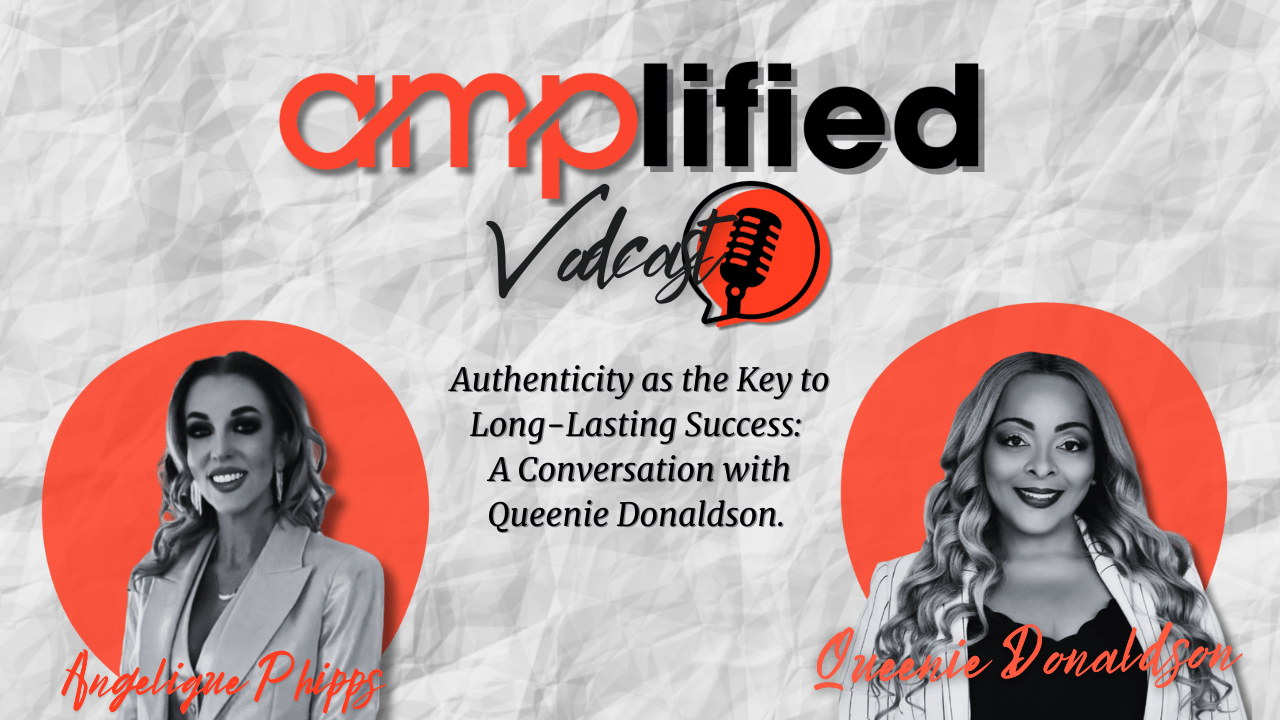- Amplified
- Posts
- Keep It Real or Keep It Moving: Why Brands Can’t Fake It in 2025
Keep It Real or Keep It Moving: Why Brands Can’t Fake It in 2025
Audiences are sharper, faster, and done with the BS. If you’re not walking the talk, they’ll walk away.

Let’s be honest, most audiences know the difference between a message and a performance.
They’ve seen the crisis tweets. They’ve seen the performative allyship. They’ve seen the brands that say one thing and fund another. In a landscape where trust is circling the drain, what actually cuts through isn’t polish, it’s proof.
This is the new PR standard: show up honestly, speak with intention, and act like someone’s actually watching. Because they are.
Where Trust Really Comes From

Authenticity isn’t about sounding good. It’s about acting right. It means owning your decisions, especially the unpopular ones. It means being accountable without waiting to get caught. And it means keeping your values visible, not just in statements, but in structure.
AI Notetakers Are Quietly Leaking Risk. Audit Yours With This Checklist.
AI notetakers are becoming standard issue in meetings, but most teams haven’t vetted them properly.
✔️ Is AI trained on your data?
✔️ Where is the data stored?
✔️ Can admins control what gets recorded and shared?
This checklist from Fellow lays out the non-negotiables for secure AI in the workplace.
If your vendor can’t check all the boxes, you need to ask why.
Why This Isn’t Optional Anymore

Nothing is private. Crises move fast. | Trust is on life support. Being real is your only edge. |
Introducing the Amplified Vodcast
Over the coming weeks, Amplified will bring you honest conversations with the people who move strategy, build culture, and navigate high-pressure spaces without selling out who they are.
For the debut episode, I sat down with my longtime friend and veteran entertainment exec, Queenie Donaldson. Over 25 years in the industry, Queenie went from aspiring forensic psychologist to managing some of the biggest names in music. But more than the résumés or the rooms she’s been in, what stands out is how she’s stayed rooted in her values, even when the spotlight asked her to shape-shift.
We talk about unlearning old frameworks, mentoring the next wave, and what it means to protect your peace in a high-pressure industry. If you’re building something that lasts, or figuring out how to stay real when the room goes quiet, this conversation is a must-listen.
What Brand Authenticity Looks Like in Practice
Pillar | Real-World Application |
|---|---|
Transparency —> | Speak plainly. Share the hard stuff. Don’t hide behind corporate jargon. |
Consistency —> | Keep your values in every tweet, press release, and action—especially when it's inconvenient. |
Storytelling —> | Tell stories that aren’t manufactured. Uplift voices that aren't already on payroll. |
Engagement —> | Don’t talk at your audience. Talk to them. Listen. Let that feedback shape what comes next. |
Who’s Actually Doing It Right
 Rare Beauty launched a Substack to share the internal process most brands avoid—what didn’t work, what never launched, and how decisions are made behind the scenes. The writing is plain, candid, and specific. It reads less like marketing and more like a conversation you weren’t supposed to hear, which is exactly why it works. |  The NYC Mayoral candidate who bypasses traditional press in favor of TikTok explainers and creator collabs. Instead of relying on legacy media, Mamdani uses creator-informed explainers and short-form video to speak directly to his audience. He’s building clarity in the spaces where people actually listen. |
If you’re not ready to be transparent, you’re not ready for public engagement.
What Happens When You Fake It

Ask Pepsi. Ask Shein. Ask any brand that co-opted social justice language, only to be exposed for treating it like a marketing stunt. The public keeps receipts. And no apology tour can fix a credibility deficit. This isn’t about cancel culture. It’s about consequence.
The Bottom Line

Authenticity isn’t a vibe. It’s a leadership strategy. It demands consistency, clarity, and enough backbone to be honest when it counts. It’s the difference between being remembered for what you did or what you pretended to care about.




